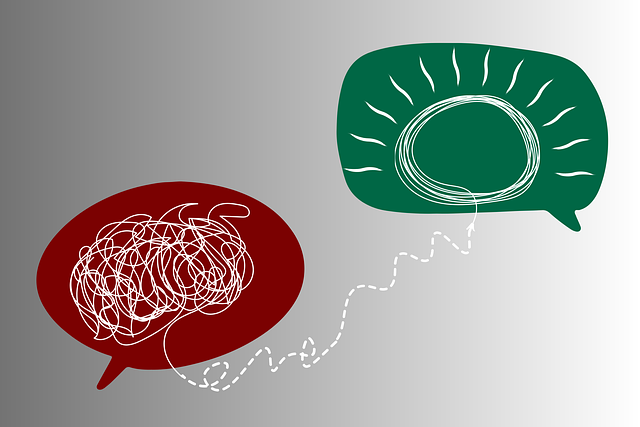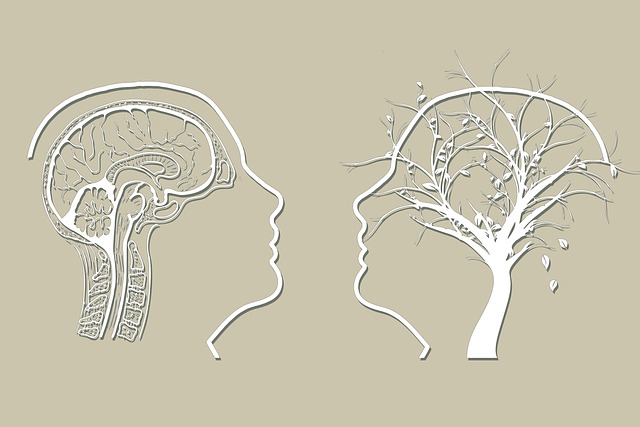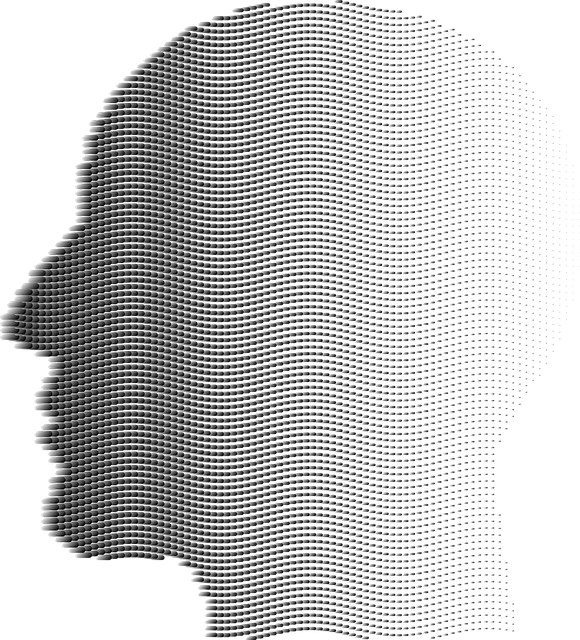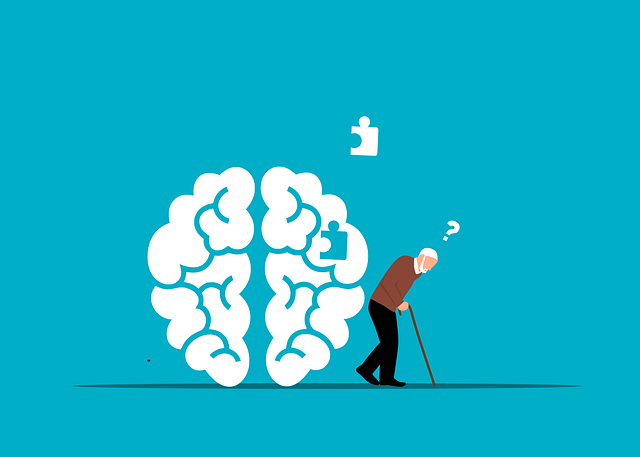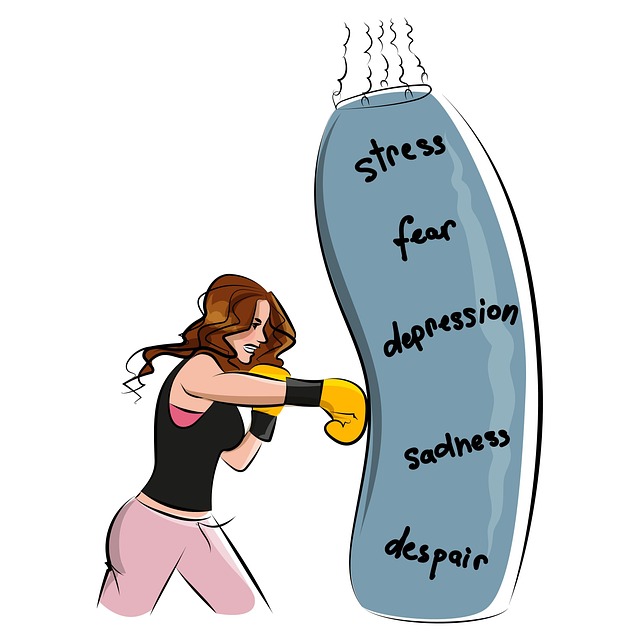Regulating mood for individuals with developmental disabilities is crucial for comprehensive care, addressing emotional management challenges through tailored strategies. Therapy for Developmental Disability offers innovative solutions like mindfulness, adaptive coping, and sensory-based interventions via specialized mental health education. CBT proves effective in managing mood disorders, teaching practical self-care practices and stress reduction techniques. Mindfulness meditation trains the mind to be present, fostering emotional awareness and calmness. Supportive environments with strategic modifications reduce anxiety and improve focus. Social support through targeted therapies and community connections dramatically enhances emotional well-being.
Mood regulation strategies are essential for managing emotional well-being, especially for individuals with developmental disabilities. This comprehensive guide explores various techniques designed to enhance mood control. From Cognitive Behavioral Therapy (CBT), a proven treatment for mental health challenges, to mindfulness practices and environmental adjustments, each section delves into effective approaches. Additionally, we highlight the significance of social support and engaging activities in fostering positive moods. Discover practical strategies to navigate and optimize emotional states.
- Understanding Mood Regulation for Developmental Disabilities
- Cognitive Behavioral Therapy (CBT): A Powerful Tool
- Mindfulness and Meditation Techniques
- Environmental Modifications for Better Mood Management
- The Role of Social Support and Activities
Understanding Mood Regulation for Developmental Disabilities

Understanding Mood Regulation for Developmental Disabilities is a critical aspect of providing comprehensive care. Individuals with developmental disabilities often face unique challenges in managing their emotions due to cognitive and behavioral differences. Therefore, tailored mood regulation strategies are essential to enhance their overall well-being. Therapy for Developmental Disability can play a pivotal role here, focusing on techniques that go beyond traditional counseling methods.
Incorporating Burnout Prevention Strategies for Healthcare Providers is crucial when supporting these individuals. Mental Health Education Programs Design specifically catering to this population can equip caregivers and therapists with effective tools. These programs can teach strategies like mindfulness, adaptive coping mechanisms, and sensory-based interventions to promote Emotional Well-being Promotion Techniques. By integrating such approaches, support systems can better assist those with developmental disabilities in navigating their emotional landscapes.
Cognitive Behavioral Therapy (CBT): A Powerful Tool

Cognitive Behavioral Therapy (CBT) has emerged as a powerful tool in the realm of mood regulation strategies, offering effective solutions for those dealing with various emotional challenges, including symptoms of developmental disabilities. This therapeutic approach focuses on identifying and changing negative or distorted thinking patterns, beliefs, and behaviors that contribute to poor mental health. By targeting these underlying issues, CBT empowers individuals to develop healthier self-care routines and improve their overall well-being.
For individuals seeking therapy for developmental disability, CBT can be particularly beneficial. It equips them with practical self-care practices and stress reduction methods to manage symptoms effectively. Through structured sessions, they learn to challenge unhelpful thoughts, gain coping strategies, and foster resilience. By integrating these cognitive techniques into daily life, one can significantly enhance their ability to navigate emotional landscapes and lead more fulfilling lives.
Mindfulness and Meditation Techniques

Mindfulness and meditation have emerged as powerful tools for regulating moods and managing emotional challenges, especially beneficial for individuals with developmental disabilities who often face unique mental health hurdles. These ancient practices focus on training the mind to be fully present in the current moment, fostering a deeper sense of awareness and calmness. By cultivating mindfulness, people can observe their thoughts and emotions without judgment, leading to improved emotional regulation.
Meditation techniques, such as focused breathing and body scans, encourage individuals to quiet their minds and reduce stress levels. This process is particularly relevant in the context of Therapy for Developmental Disability, where it can complement traditional therapeutic approaches. Moreover, integrating mindfulness into daily routines may contribute to Mental Illness Stigma Reduction Efforts by promoting Emotional Well-being Promotion Techniques, enabling individuals to better cope with life’s challenges and foster a sense of self-efficacy.
Environmental Modifications for Better Mood Management

Creating a supportive environment can significantly impact mood regulation, especially for individuals with developmental disabilities who may benefit from therapy. Environmental modifications offer a powerful tool in promoting emotional well-being. This could involve designing spaces that are free from overwhelming sensory stimuli, which can help reduce anxiety and improve focus. For instance, dimmable lighting, soft furnishings, and calm colours can create a soothing atmosphere, aiding individuals in managing their emotions.
Additionally, incorporating natural elements like plants or access to outdoor spaces can be therapeutic. These simple adjustments cater to the individual’s sensory needs, fostering self-awareness exercises that contribute to overall mood management. Public awareness campaigns focused on these strategies can further enhance support systems, enabling a community approach to emotional health and reducing the stigma associated with mental health concerns.
The Role of Social Support and Activities

Social support plays a pivotal role in mood regulation, especially for individuals with developmental disabilities who often face unique challenges. Therapies focusing on social skills and connecting with supportive communities can significantly enhance emotional well-being. These strategies involve participating in group activities where individuals can build friendships, share experiences, and learn coping mechanisms from peers, fostering a sense of belonging and reducing feelings of isolation.
Engaging in culturally sensitive mental healthcare practices is essential here. Tailoring support to an individual’s cultural background ensures their emotional needs are met effectively. For instance, organizing stress management workshops that incorporate cultural elements or traditions can make therapy more accessible and engaging. Additionally, promoting self-esteem improvement activities within these groups can empower individuals with developmental disabilities to manage their moods proactively.
In conclusion, managing mood regulation for individuals with developmental disabilities involves a multifaceted approach. From cognitive behavioral therapy (CBT) as a powerful tool to mindfulness techniques and environmental modifications, each strategy plays a unique role in enhancing emotional well-being. Incorporating social support and engaging in meaningful activities further reinforces these efforts. By understanding and implementing these mood regulation strategies, caregivers and therapists can significantly improve the quality of life for those navigating developmental challenges.

